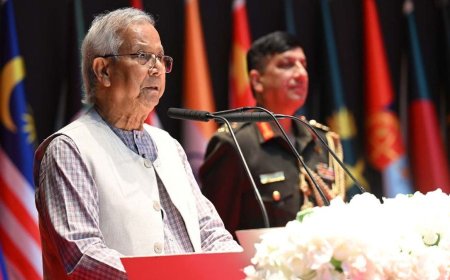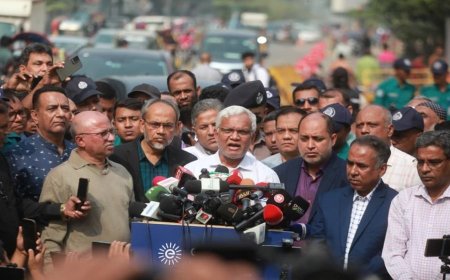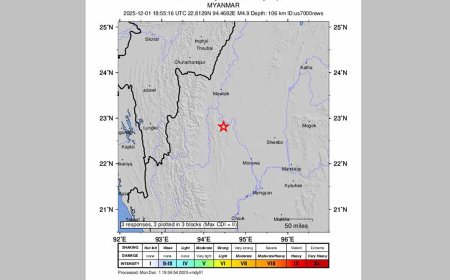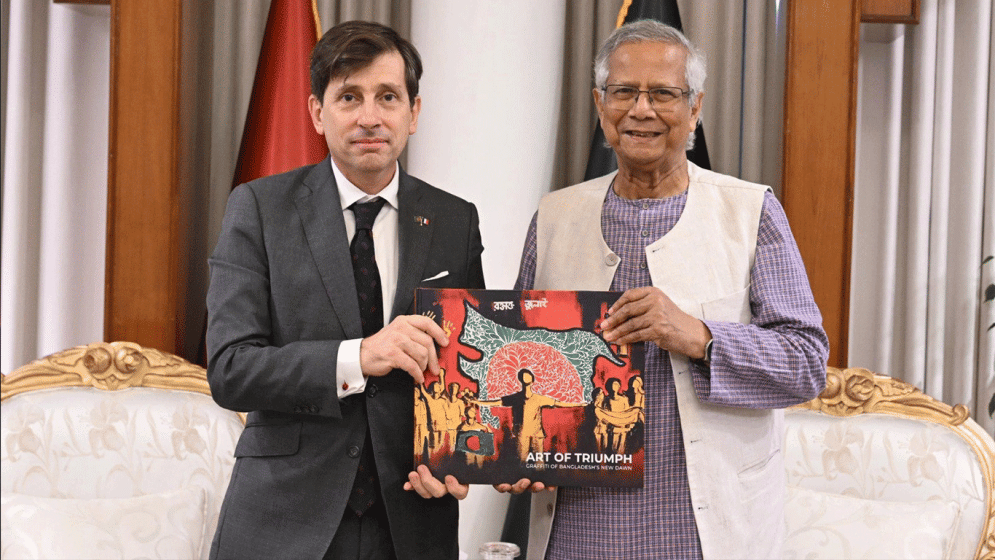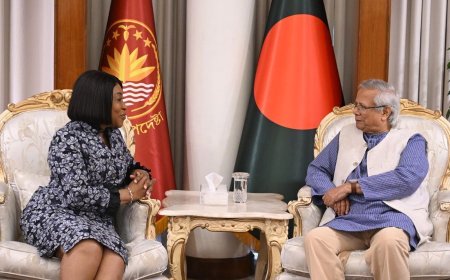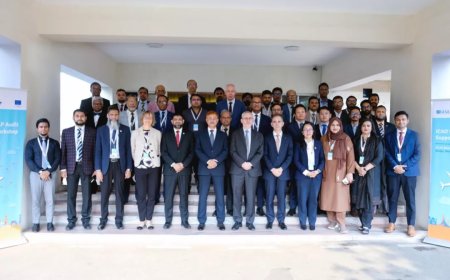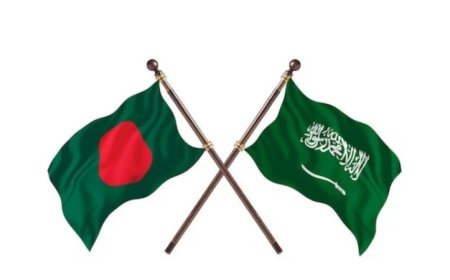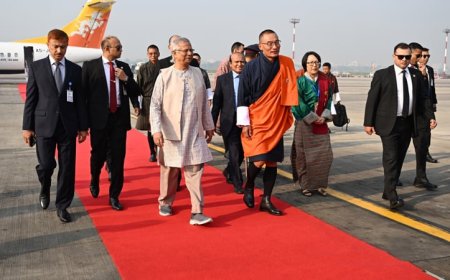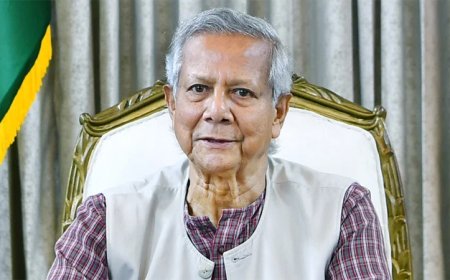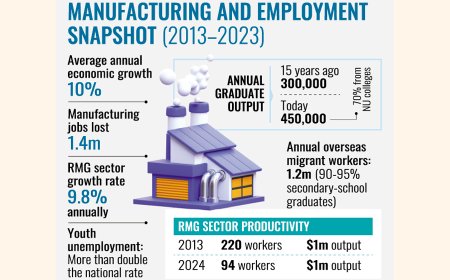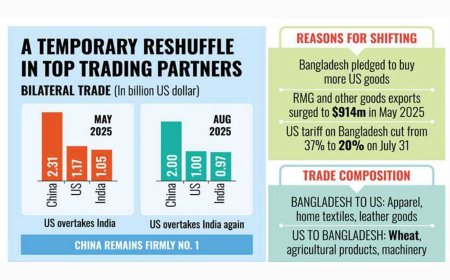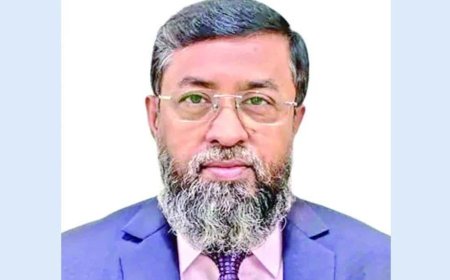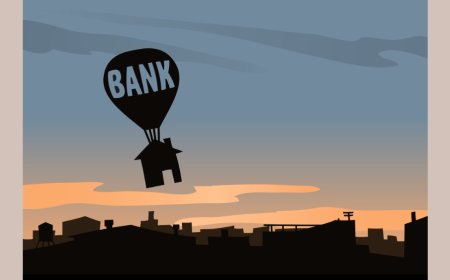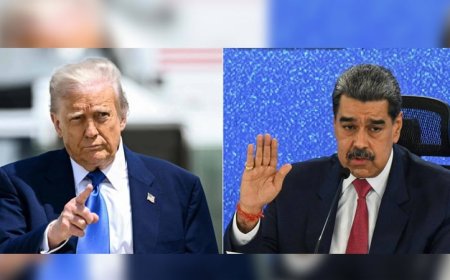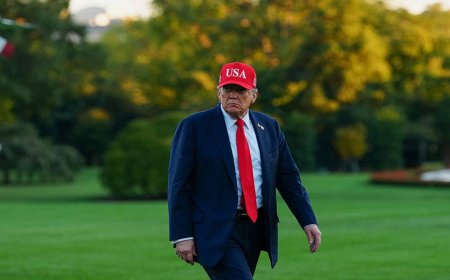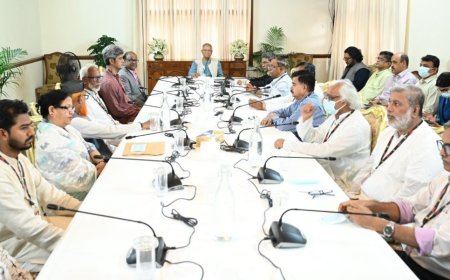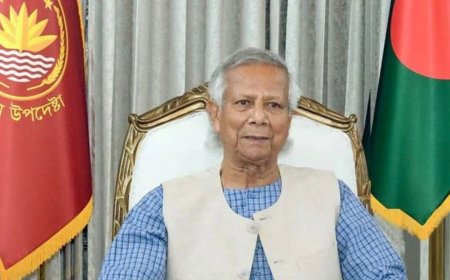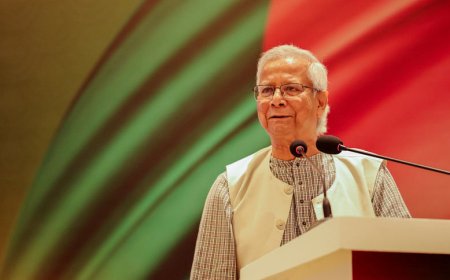Political parties question whether the government backs the students' demands
Political parties question whether the government backs the students' demands
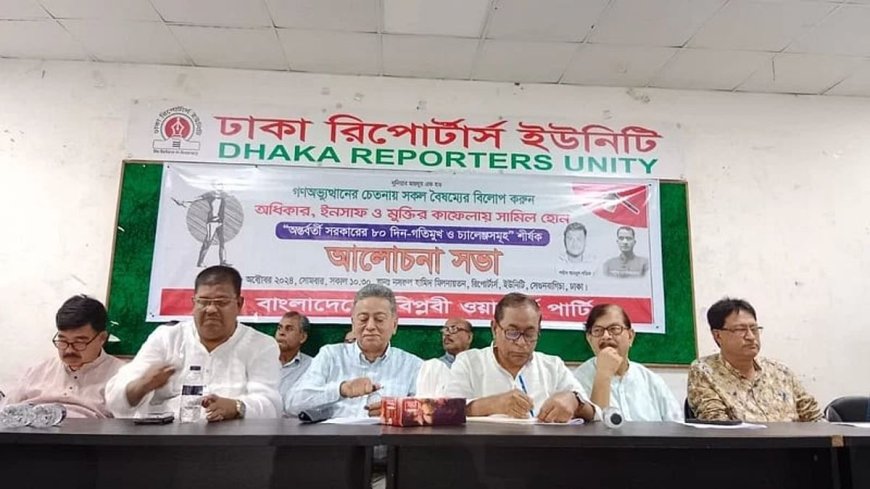
Summary of Political Parties' Views on Government Support for Student Demands and Interim Government Challenges
Recently, political leaders have questioned whether the government supports the demands of the *Students Against Discrimination*, an organization introducing new demands almost daily. This query arises as the students are represented within the government, creating speculation on the government's position.
During a discussion titled "80 Days of the Interim Government: Tendencies and Challenges," hosted by the Revolutionary Workers Party of Bangladesh at the Dhaka Reporters’ Unity, leaders from the BNP, Revolutionary Workers Party, and other parties shared their perspectives on the government's approach and the evolving demands.
BNP's Concerns About Reform Commissions and Support for Demands
BNP standing committee member **Amir Khasru Mahmud Chowdhury** expressed concerns over the contradictory actions of the interim government. While reform commissions have been established with reports expected in 90 days, fresh demands are emerging, raising doubts about government support for the students’ demands. He emphasized the need for clarity, especially given these developments contradict ongoing reforms.
Khasru noted that consensus exists on key issues, such as ensuring free and fair elections through electoral reform, which is widely supported by the public. However, new demands not previously discussed are surfacing, and the appearance of "selective unanimity" could undermine genuine reform efforts.
Revolutionary Workers Party's Observations on the Interim Government's Progress
Saiful Huq, general secretary of the *Revolutionary Workers Party*, highlighted concerns about coordination, delays, and lack of experience within the interim government. According to him, public confusion has increased due to certain government statements and decisions. The students’ continuous demands have overshadowed the reform commissions’ efforts, leading him to question whether the government endorses these demands, especially given student representation within the interim administration.
He stated that the interim government should focus on areas where consensus has been reached and defer other matters to the elected political government. However, new demands are causing divisions and raising doubts about the government’s intentions.
Perspectives from Other Political Leaders on Interim Government Actions and Priorities
Nagarik Oikya president Mahmudur Rahman Manna acknowledged three notable achievements of the interim government: pledged financial support from development partners, debt repayment by Bangladesh Bank without depleting foreign reserves, and the release of 57 expatriates from UAE prisons. Nonetheless, he critiqued the government's limited achievements in reforms for the public’s benefit and criticized protests at Bangabhaban, urging the government to adhere to its core agenda of preparing for fair elections.
Zonayed Saki, chief coordinator of Ganosamhati Andolan, advocated for a national political council to ensure all decisions are consensus-based, cautioning against branding street movements as destabilizing actions by the Awami League. He emphasized evaluating the legitimacy of demands rather than dismissing them.
AB Party’s Mojibur Rahman expressed concern that unity among political entities seems to be waning compared to three months prior. He argued that the cultural and political isolation of the Awami League was a major achievement, but recent debates about the resignation of President **Mohammed Shahabuddin** have sparked additional controversy.
The discussion featured remarks from leaders of various parties, including Bangladesh JASAD, LDP, JSD, and Gono Odhikar Parishad, who echoed these sentiments and debated the interim government’s accomplishments and the path forward.
The session underscored the interim government’s challenges in balancing reform agendas, managing students' demands, and maintaining political unity. Leaders highlighted the critical need for transparency on whether the government backs new student demands, as well as the importance of upholding public consensus in decision-making.
What's Your Reaction?








